Birth of Elias Howe
Inventor Elias Howe Jr was born on July 9, 1819, in Spencer, Massachusetts. Howe is best remembered for patenting the modern lockstitch sewing machine.

Inventor Elias Howe Jr was born on July 9, 1819, in Spencer, Massachusetts. Howe is best remembered for patenting the modern lockstitch sewing machine.
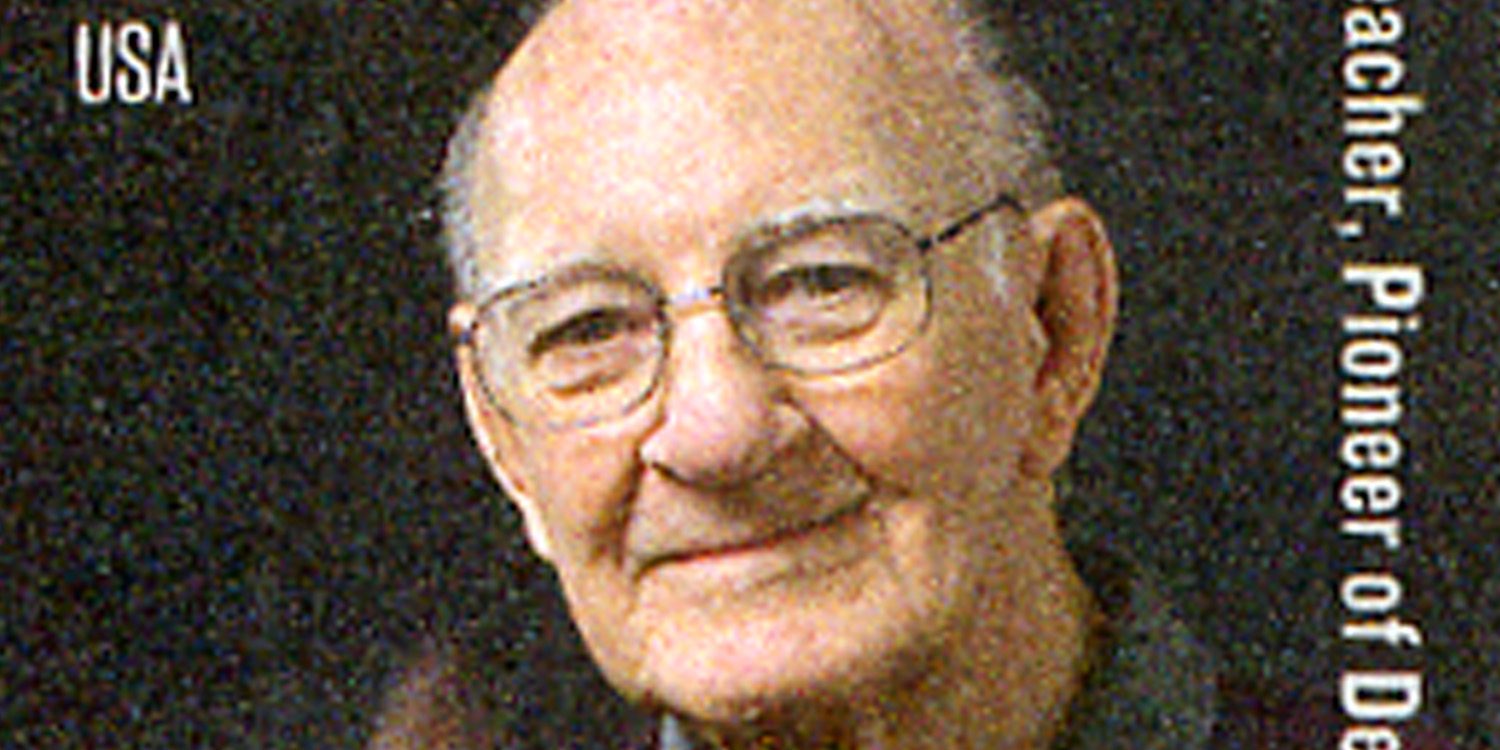
Robert F. Panara was born on July 8, 1920, in the Bronx, New York. Panara was one of America’s leading deaf educators. His work helped pioneer the field and promote the idea that deafness is not a disability, but a different way to view the world.
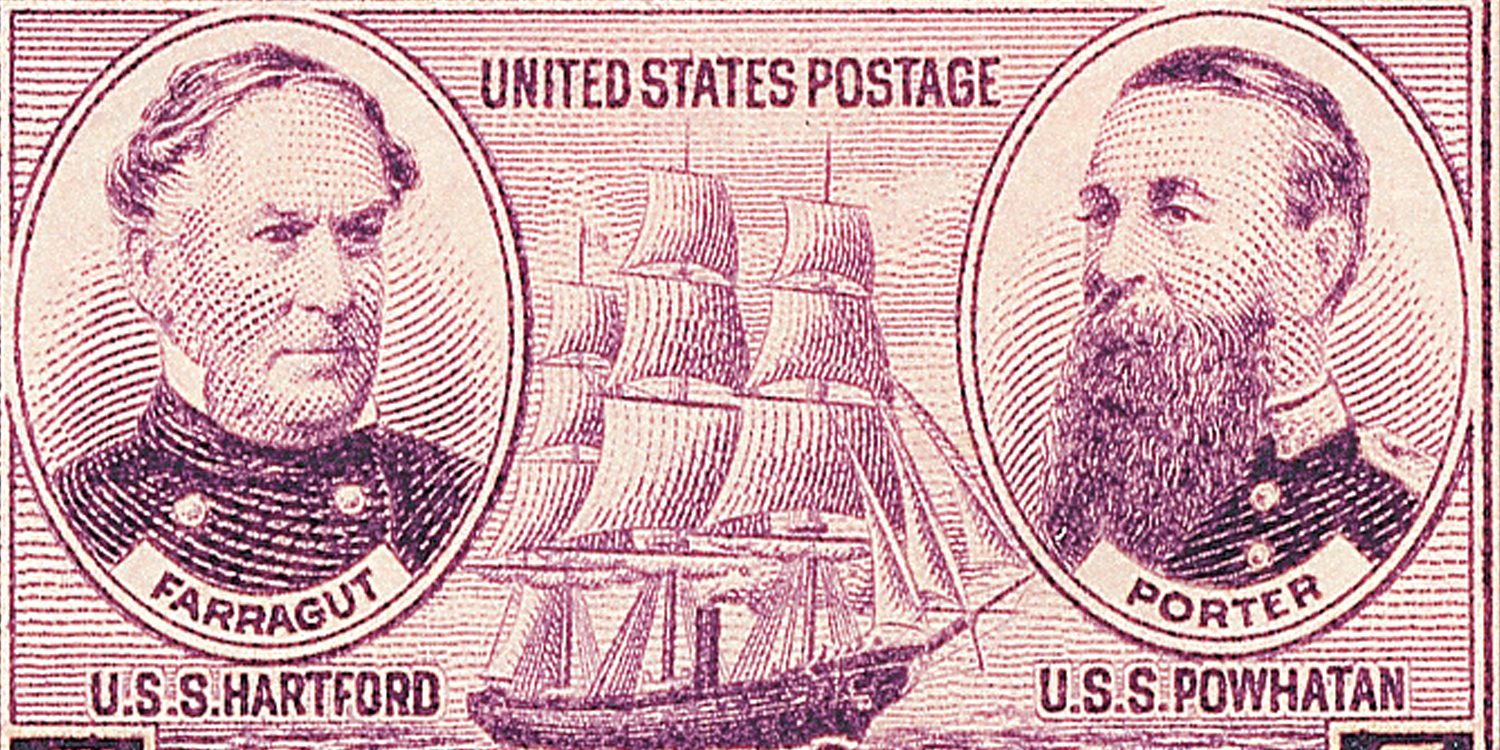
David Glasgow Farragut was born in Campbell’s Station (now Farragut), Tennessee, on July 5, 1801. A Civil War naval commander, the rank of admiral was created specifically for him.
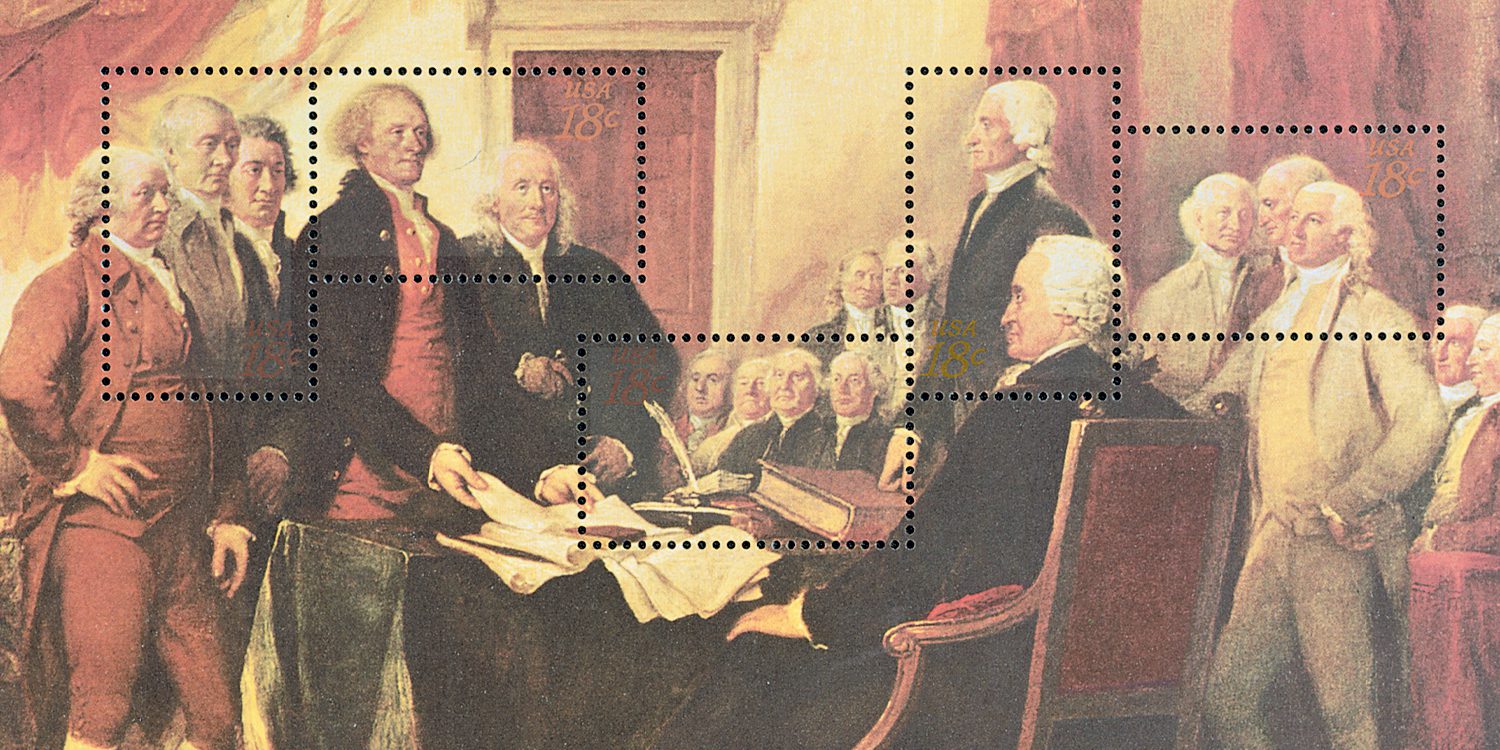
On July 4, 1776, the Second Continental Congress ratified the Declaration of Independence. One of America’s founding documents, it explained why the 13 colonies were at war with Great Britain and that they declared themselves to be independent sovereign states no longer under British rule.
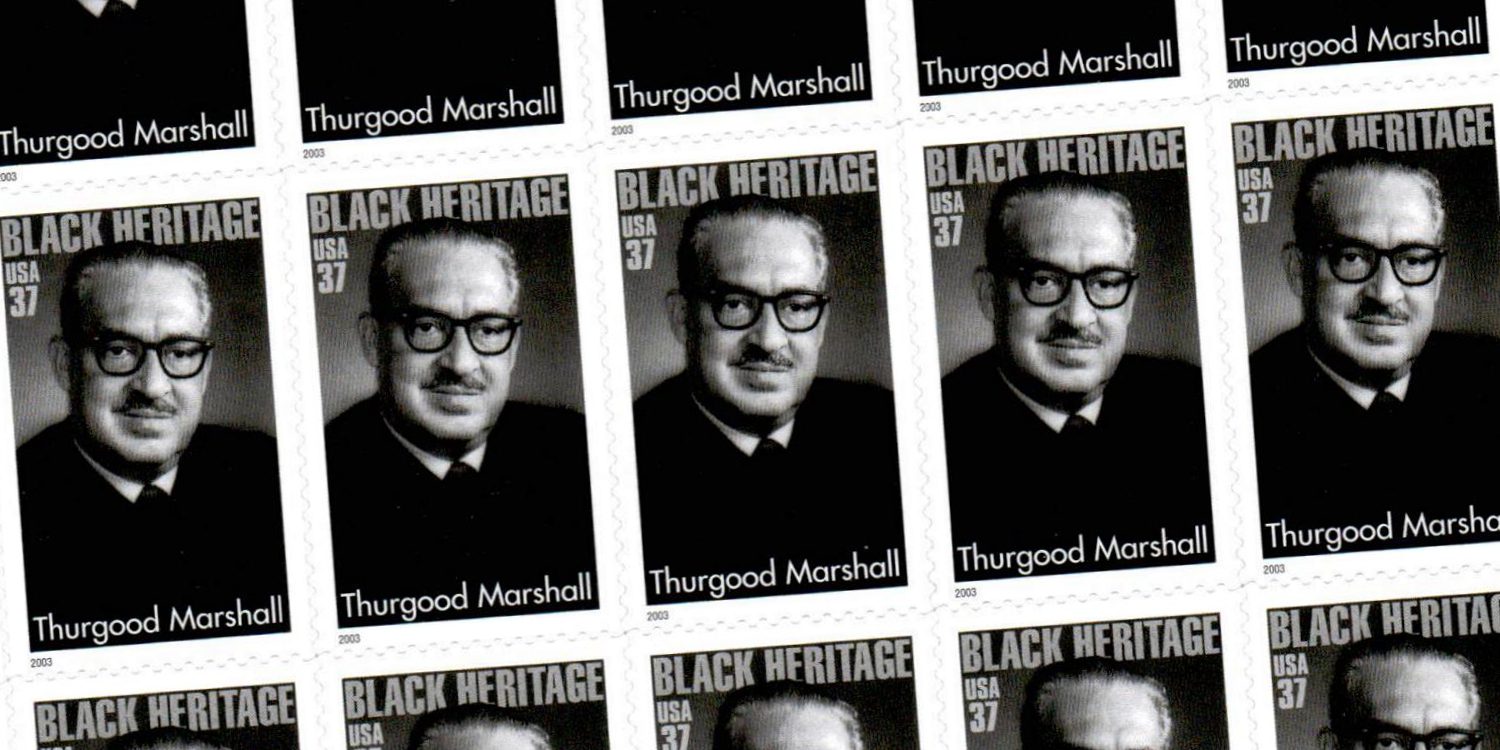
Thurgood Marshall was born on July 2, 1908, in Baltimore, Maryland. He was the first African American Supreme Court Justice and served 24 years on the bench.
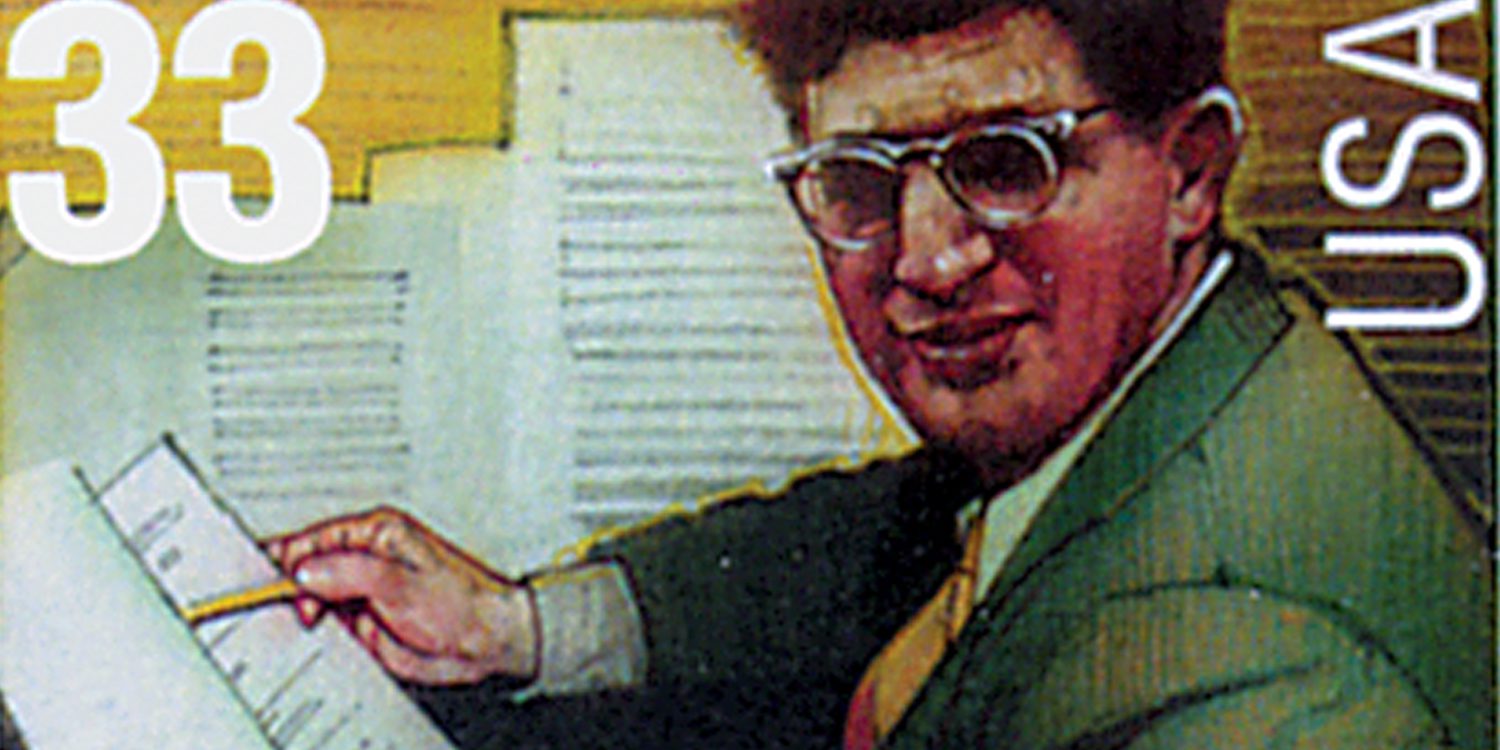
Composer Bernard Herrmann was born Maximillian Herman on June 29, 1911, in New York City, New York. He famously worked with Orson Welles, Alfred Hitchcock, and Martin Scorsese, and is often considered one of the most influential and pioneering composers in cinema history.

Author Pearl Sydenstricker Buck was born on June 26, 1892, in Hillsboro, West Virginia. She was awarded the Pulitzer Prize in 1932, the Nobel Prize in 1938, and was the only woman at that time to receive both honors.
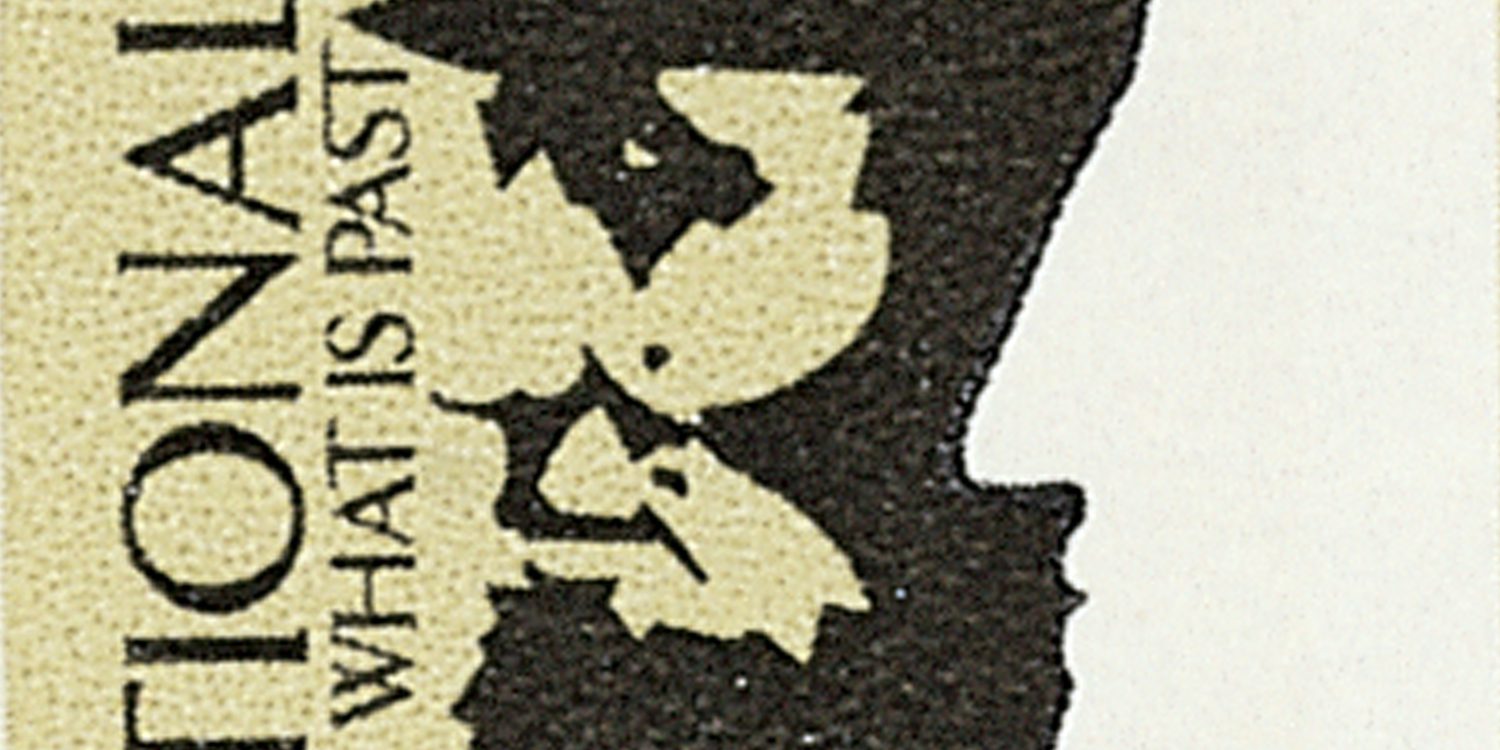
On June 19, 1934, President Franklin Roosevelt signed legislation creating the National Archives. The archives houses billions of historic documents, photographs, maps, videos, and more.
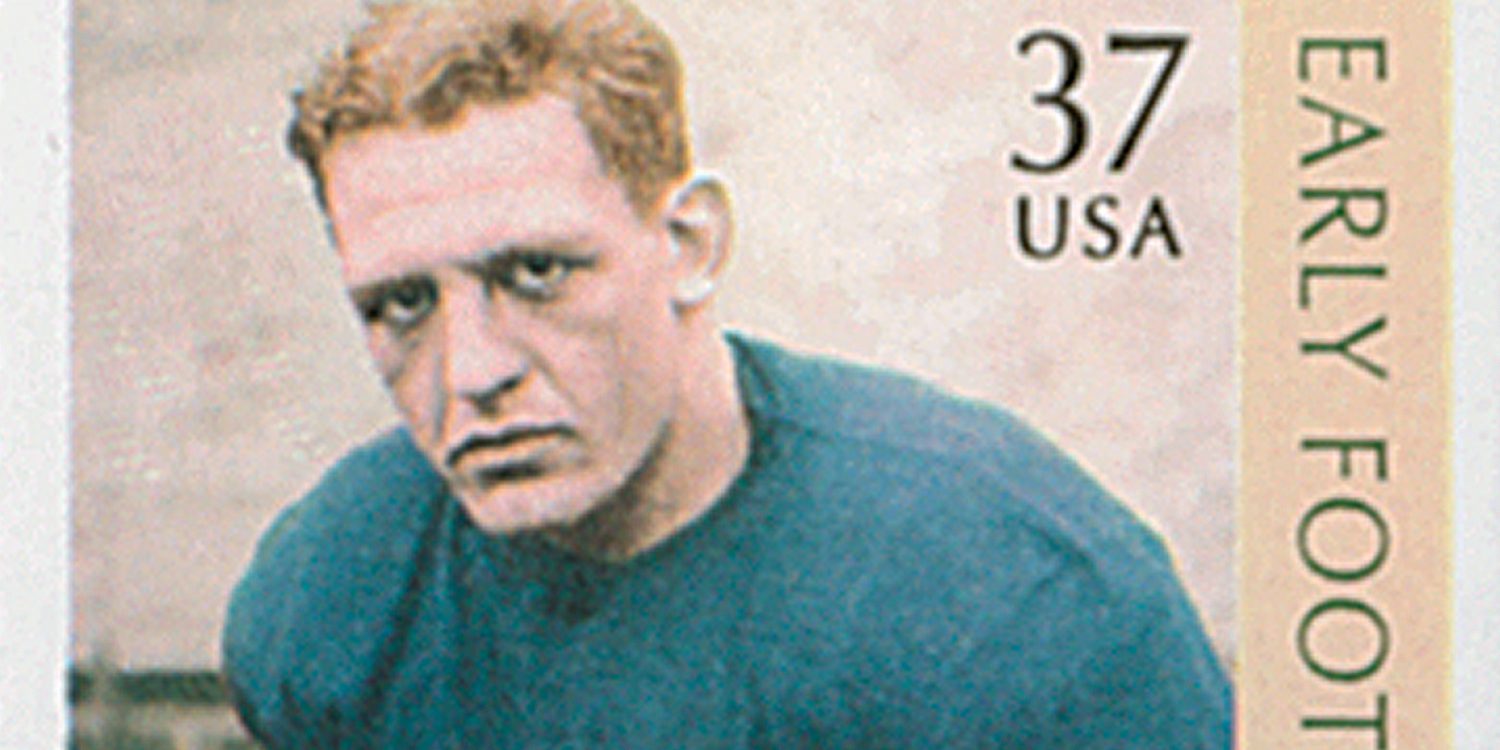
Howard Edward “Red” Grange was born on June 13, 1903, in Forksville, Pennsylvania. Considered one of football’s greatest running backs and one of the best college football players of all time, he was a three-time All-American and two-time NFL champion.